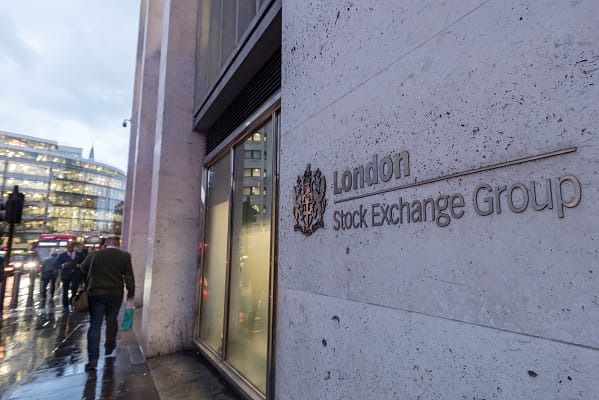Bussiness
FTSE data valued at £295 billion – London Business News | Londonlovesbusiness.com

The 10 largest sectors in the FTSE 350 hold data worth £295 billion within their organisations.
That is equivalent to almost 20% of their market capitalisation, according to research from Anmut, the leader in strategic data asset management.
Applying Anmut’s trademark data valuation methodology to assign a monetary value to the data from the top ten sectors in the FTSE 350, ‘Uncovering the Hidden Value of Data’ identifies a substantial missed opportunity.
If a firm doesn’t know what its data is worth, it cannot effectively prioritise its data and digital investments.
Most firms in the UK do not know – or significantly underestimate – the value of their data. This has vast implications for the UK economy as organisations fail to harness their data to support essential outcomes, such as growing revenue, reducing costs, and improving productivity.
In addition, without knowing which of their data assets are most valuable, companies across the UK risk allocating capital to the wrong data projects, wasting money on expensive transformation projects that fail to deliver tangible benefits.
Ananya Samuel, Head of Data Valuation at Anmut, said, “Few businesses are realising the full potential of their data. If businesses can learn to fully understand and then harness the power of their data, it could revolutionise our society, creating better outcomes for businesses, the environment, the economy, and the nation as a whole.”
In order to harness their data, organisations in the UK need to change how they think about their data and start treating it like other assets. The first step is to put a value on the firm’s data in order to identify which data assets to invest in for maximum impact.
Simon Ferriter, Chief Executive Officer at Anmut said, “We’re on the cusp of a seismic shift in how we think about data. Most organisations are stuck in a 20th century way of operating, with data as an afterthought.”
“The gap is rapidly widening between businesses that are data-led and those that are not, with a direct correlation between data-centricity and growth. It’s crucial that companies start using their data to its full potential, which begins by uncovering its value.”
The value of data differs significantly across sectors. On average, the banking industry has the highest value data, at £72 billion, the equivalent of 31% of the market capitalisation. This is due to volume of financial transactions in the sector and data’s role in risk and compliance. On the other hand, the beverages sector has the lowest data value, at 13% of its market capitalisation, or £10 billion.










